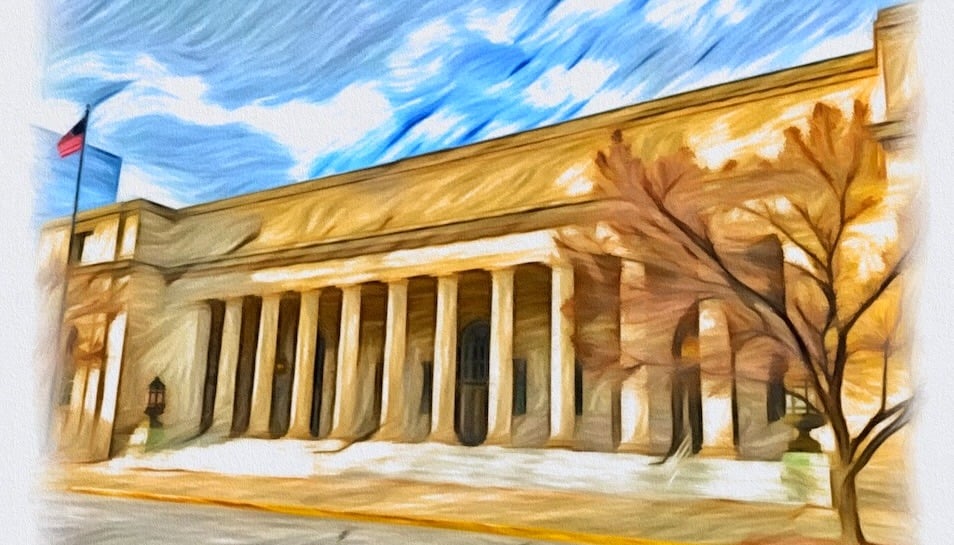
Credit for time served
SC Supreme Court decides important sentencing issue in community supervision cases.
2/8/20242 min read
I remember as a young public defender having to represent people for probation violations in addition to having a substantial felony case load. During my first eighteen months as a public defender, every Friday morning I was in court for probation revocation hearings. On these days, defendants would frequently show up to court without a lawyer. Some of our judges had a knack for appointing one of us from the bench to represent them. In practice that meant having a few minutes to talk with our brand-new client to figure out what, if any, defenses we had for their probation violation and then standing next to them while the judge sent them to prison. Sometimes for many years. It was a painful and eye-opening experience as to just how brutal the criminal justice system can be.
Today, the South Carolina Supreme Court decided the case of State v. Grissett, Op. No. 28192 (S.C. Sup. Ct. filed Feb. 7, 2024) (Howard Adv. Sh. No. 5 at 10), which brought back some painful memories of being part of the probation revocation team. The Court held that defendants who are accused of violating their community supervision are entitled to credit for time served while they are held in jail waiting for their revocation hearing.
South Carolina has three basic kinds of supervised release: probation, parole, and community supervision. Community supervision is specifically for defendants who have been convicted and sentenced to a term of incarceration for a “no parole” offense. S.C. Code § 24-21-560. In simplistic terms, a no parole offense is one that carries a maximum sentence of 20 years or more. S.C. Code § 24-13-100. Defendants who serve a term of incarceration for a no parole offense must serve at least 85% of the term. S.C. Code § 24-13-150. Once they have served at least 85%, they are released onto what we call community supervision. The defendant must be supervised for a maximum of two years, or the remainder of their total sentence, whichever is less. S.C. Code § 24-21-560 (D).
Here is a simple example: defendant pleads guilty to attempted armed robbery and is sentenced to 10 years in prison. Because attempted armed robbery carries a maximum of 20 years, this offense is classified as “no parole.” Because it is a no parole offense, the defendant has to serve 85% of the 10-year sentence, i.e., 8 ½ years. When released after 8 ½ years, the defendant will have to be on community supervision for the remained of the 10-year sentence – 1 ½ years – because that is less than 2 years.
So, what happens when the defendant violates his community supervision. The officer may issue a warrant for his arrest for the violation. The defendant is arrested and typically will be held without bail until his hearing. At his violation hearing, a judge may only sentence him to a maximum of one year imprisonment for the violation. S.C. Code § 24-21-560 (C). But what if the defendant sits in jail for six months prior to his hearing? Can the judge sentence him to one year, or only six months? This was essentially the question in Grissett.
Thankfully, our Supreme Court correctly held that a judge faced with the above scenario may only sentence the defendant to six months because the defendant has already served six months for which he is entitled credit towards the one year. Public defenders, who I suspect handle close to 100% of these kinds of cases in the trial court can now go to these revocation hearings armed with a case that fully supports their position – that a judge must give the defendant the credit to which he is entitled.



Disclaimer: The information on this website is for general information purposes only. Nothing on this site should be taken as legal advice for any individual case or situation. This information is not intended to create, and receipt or viewing does not constitute, an attorney-client relationship.
